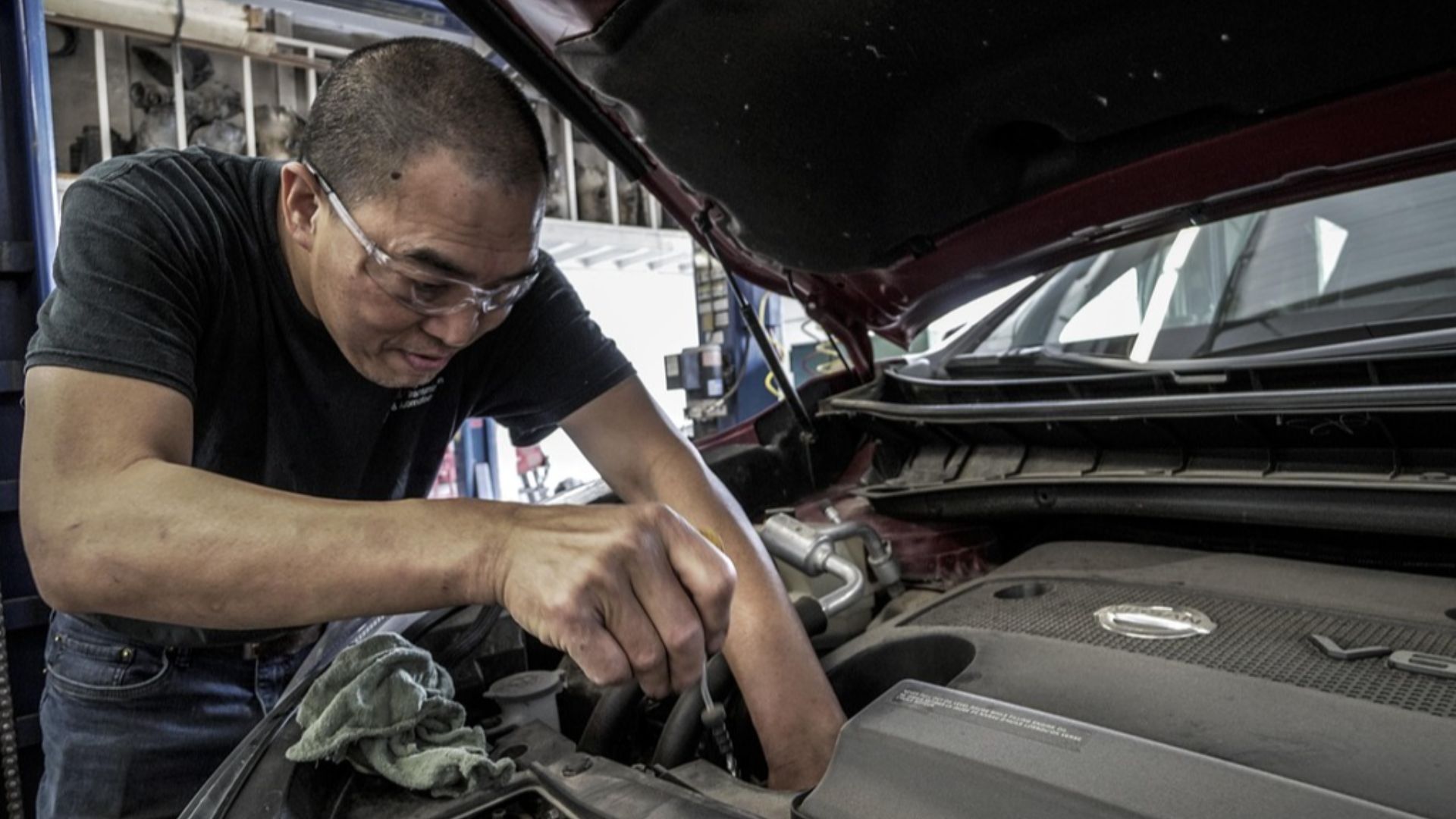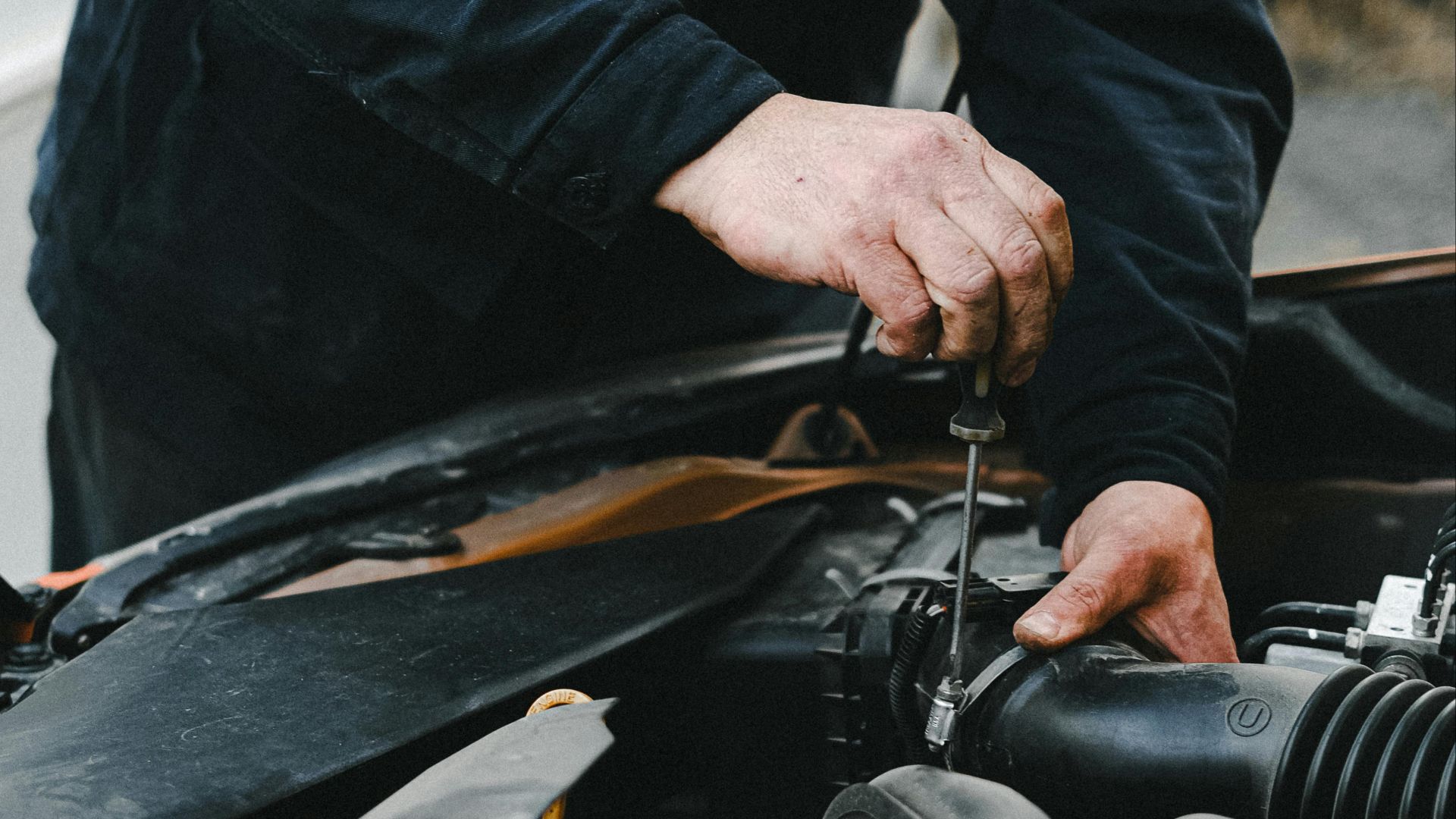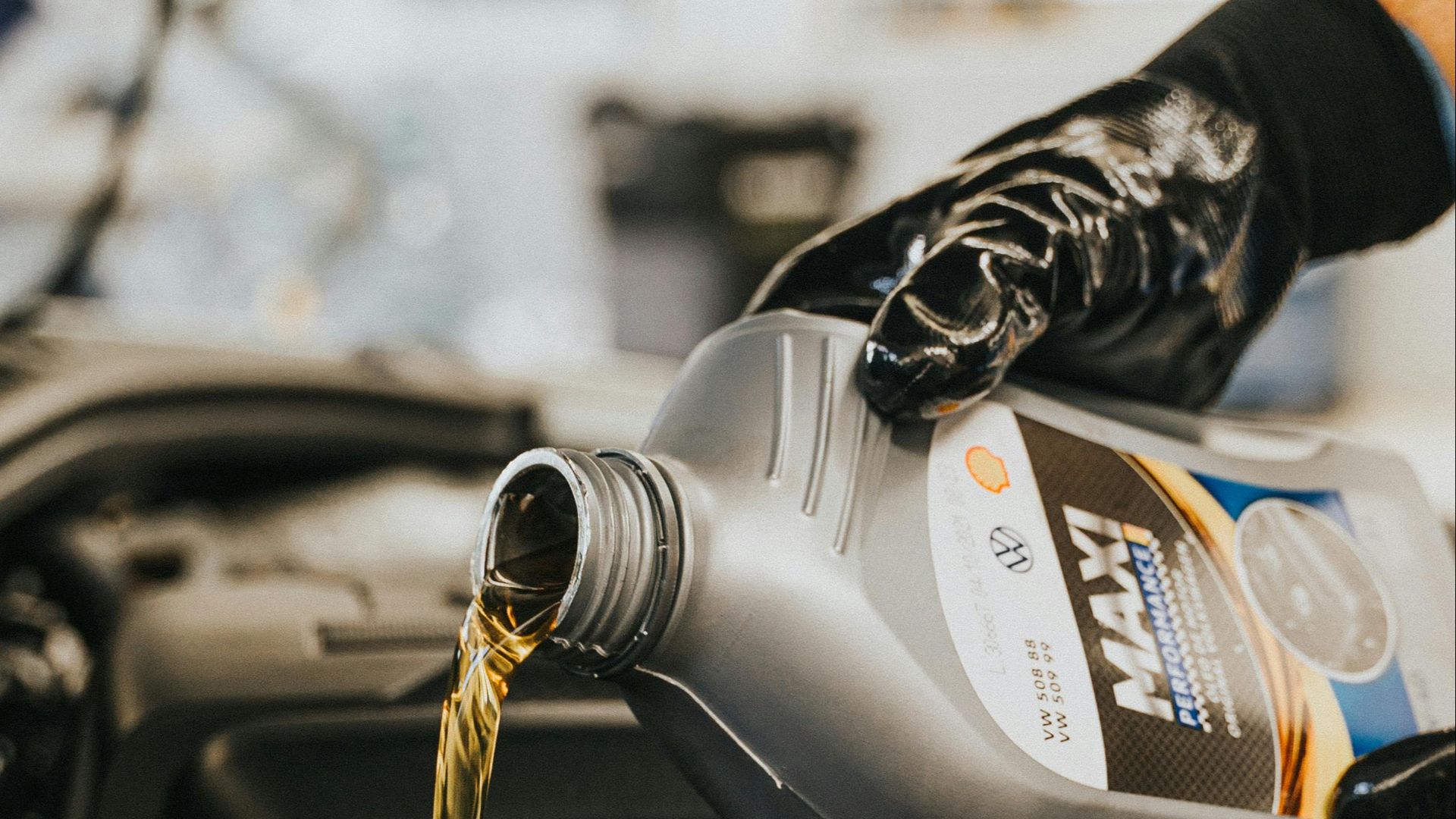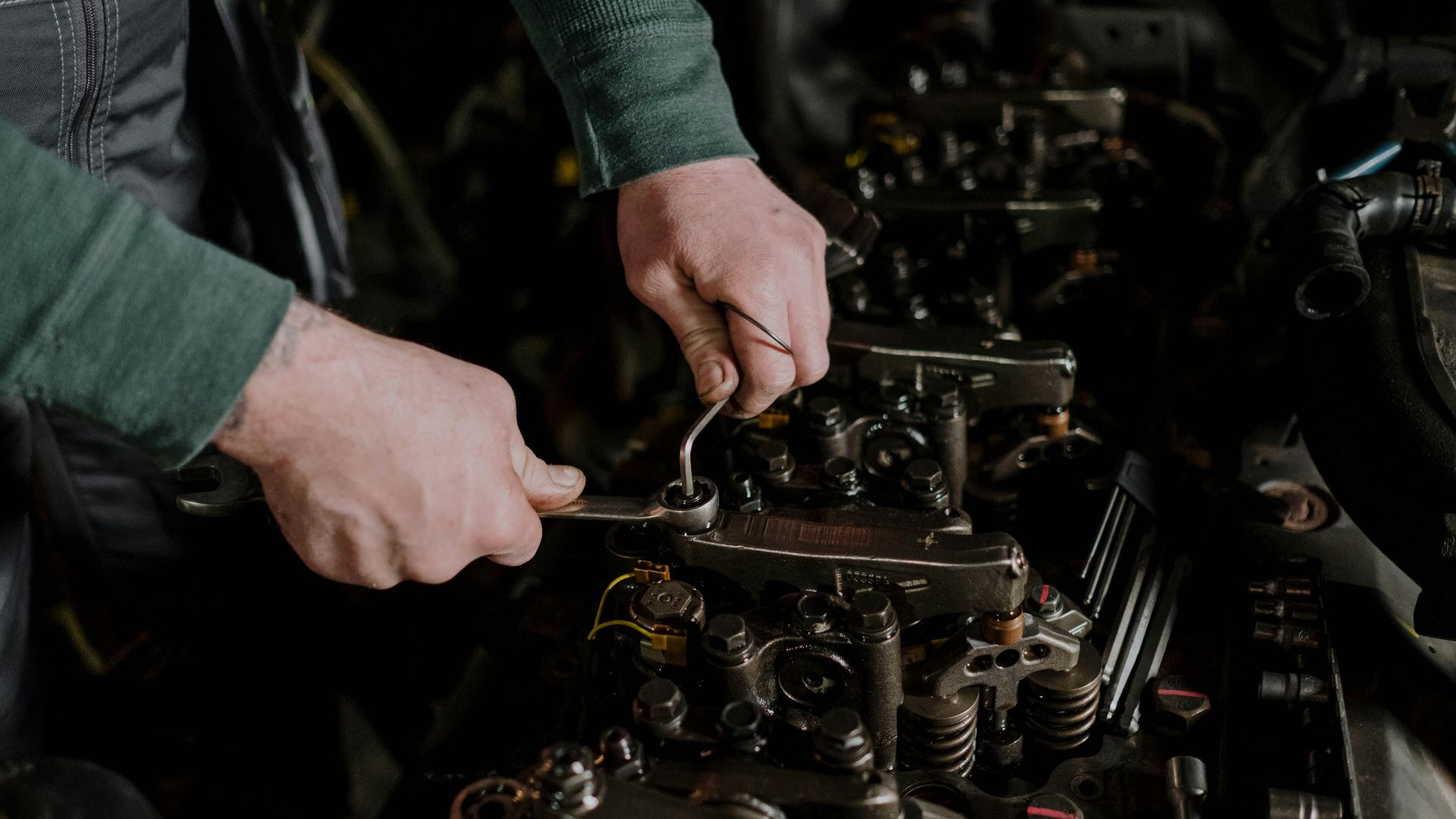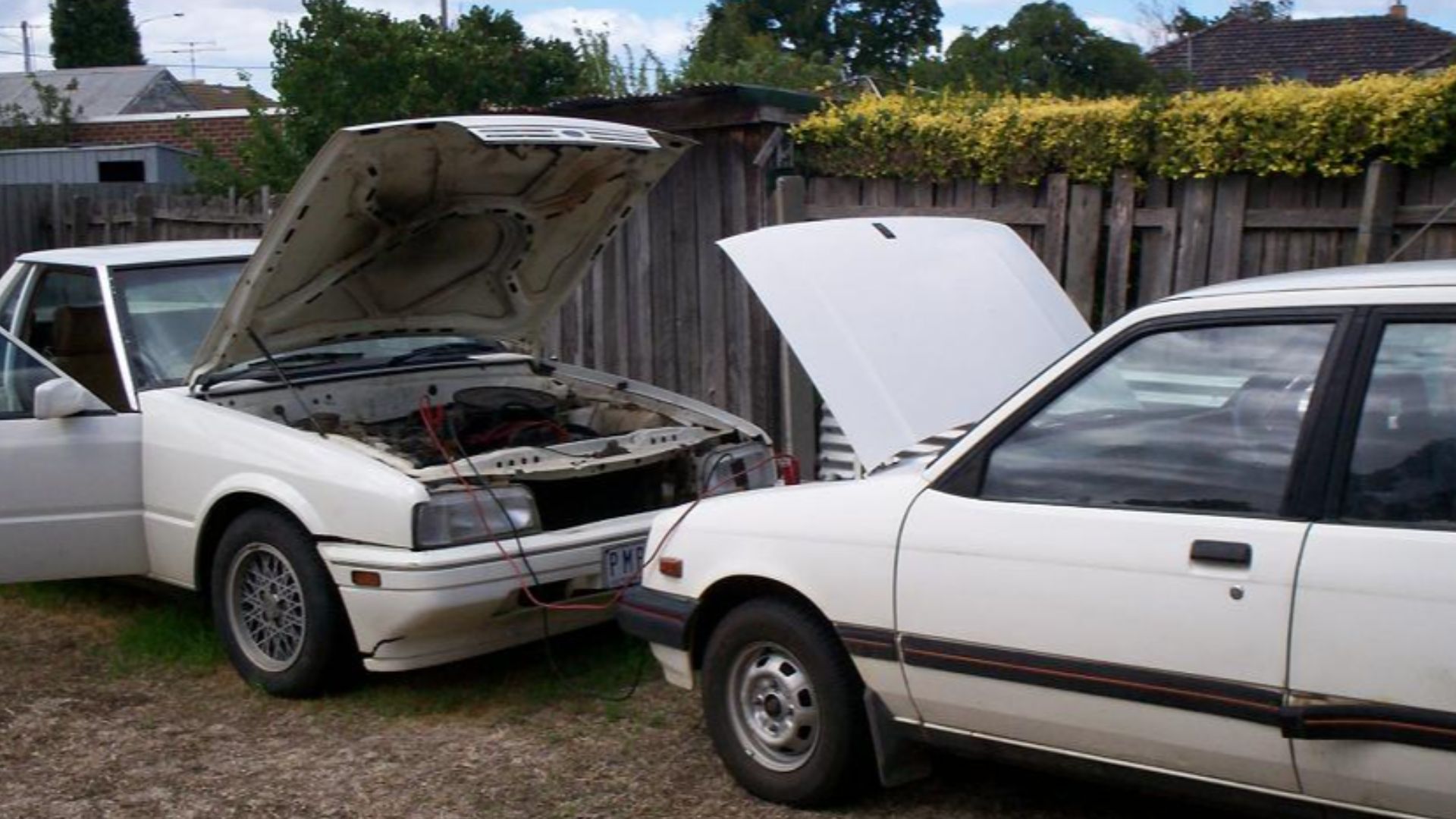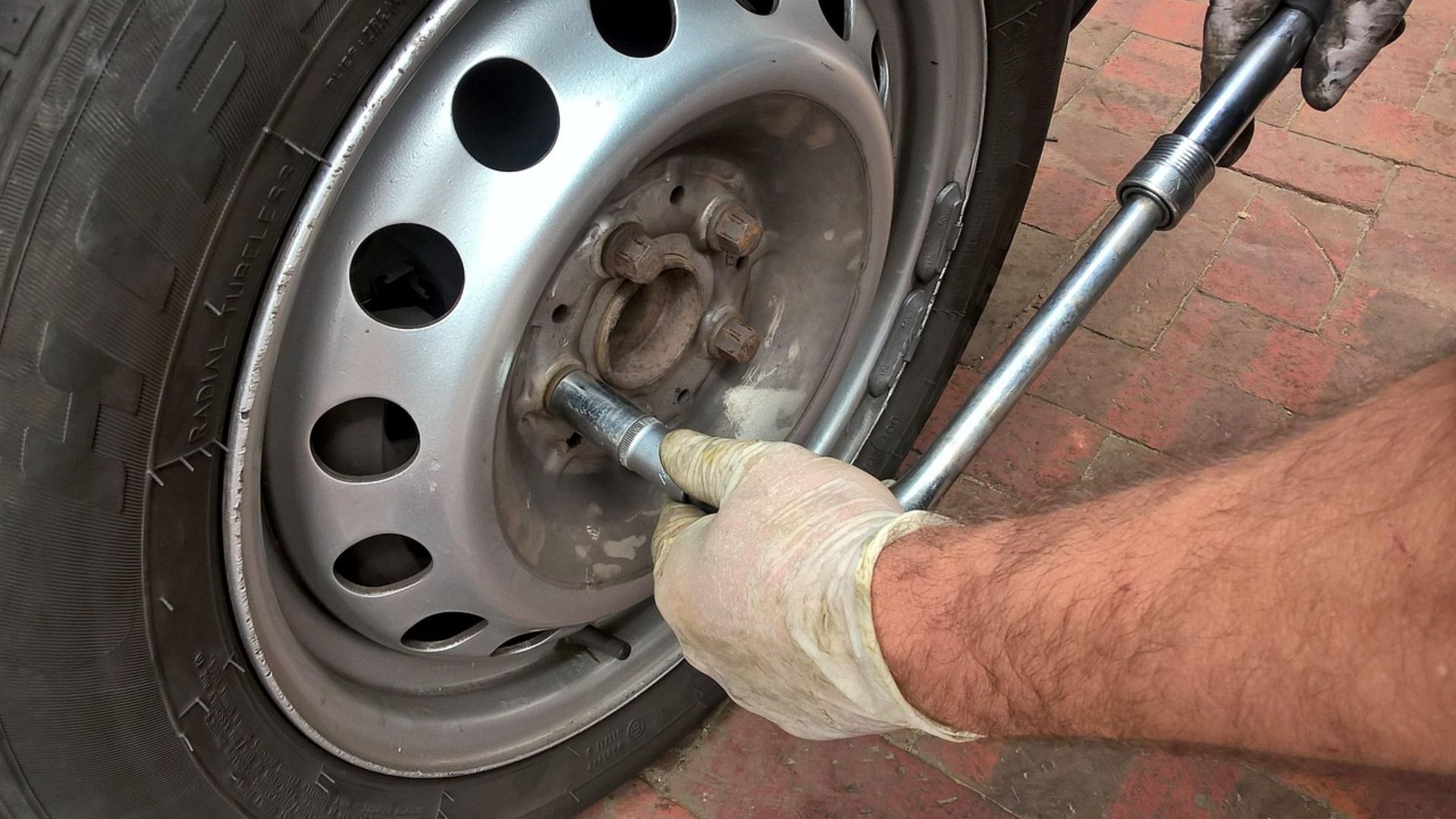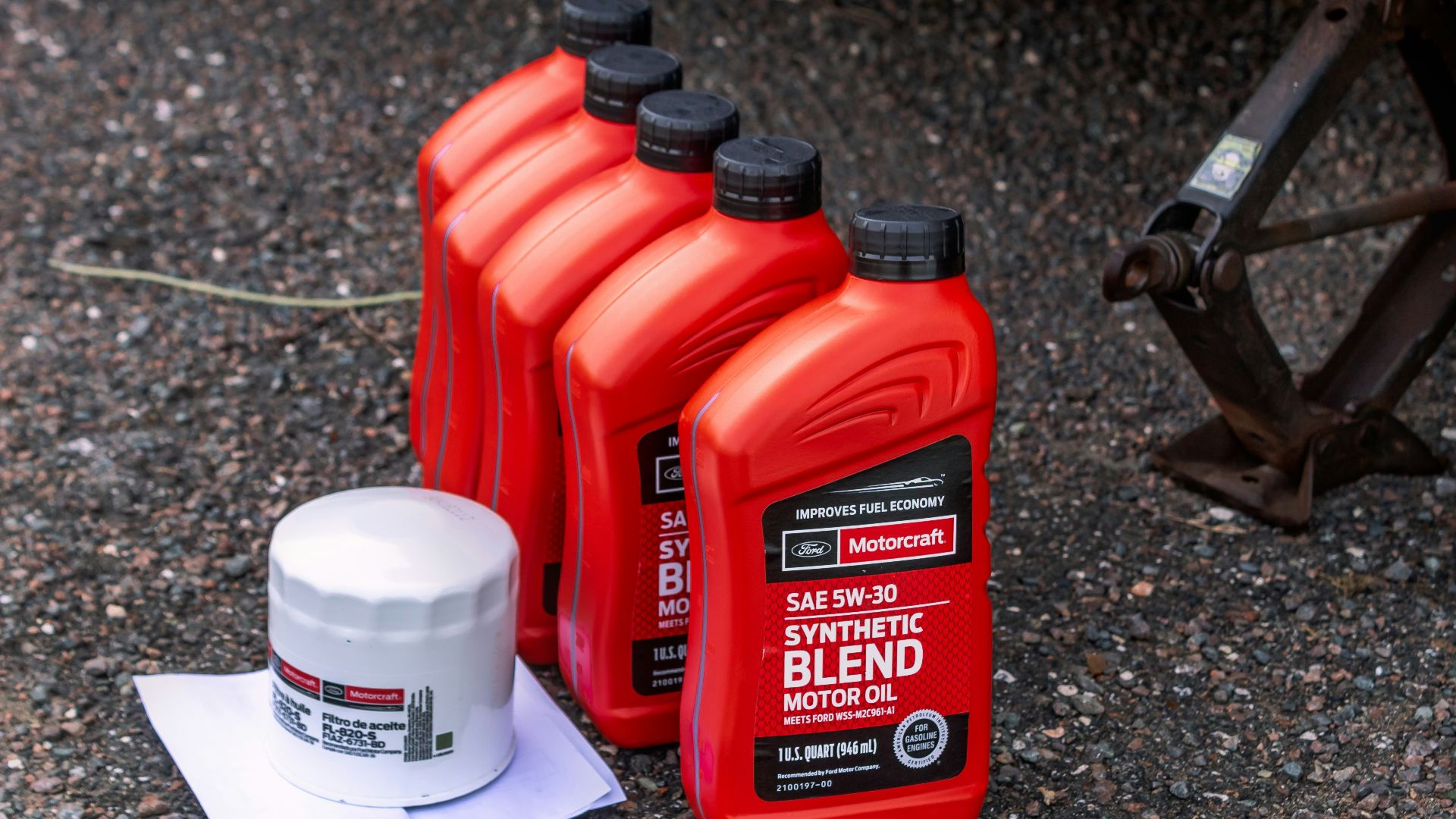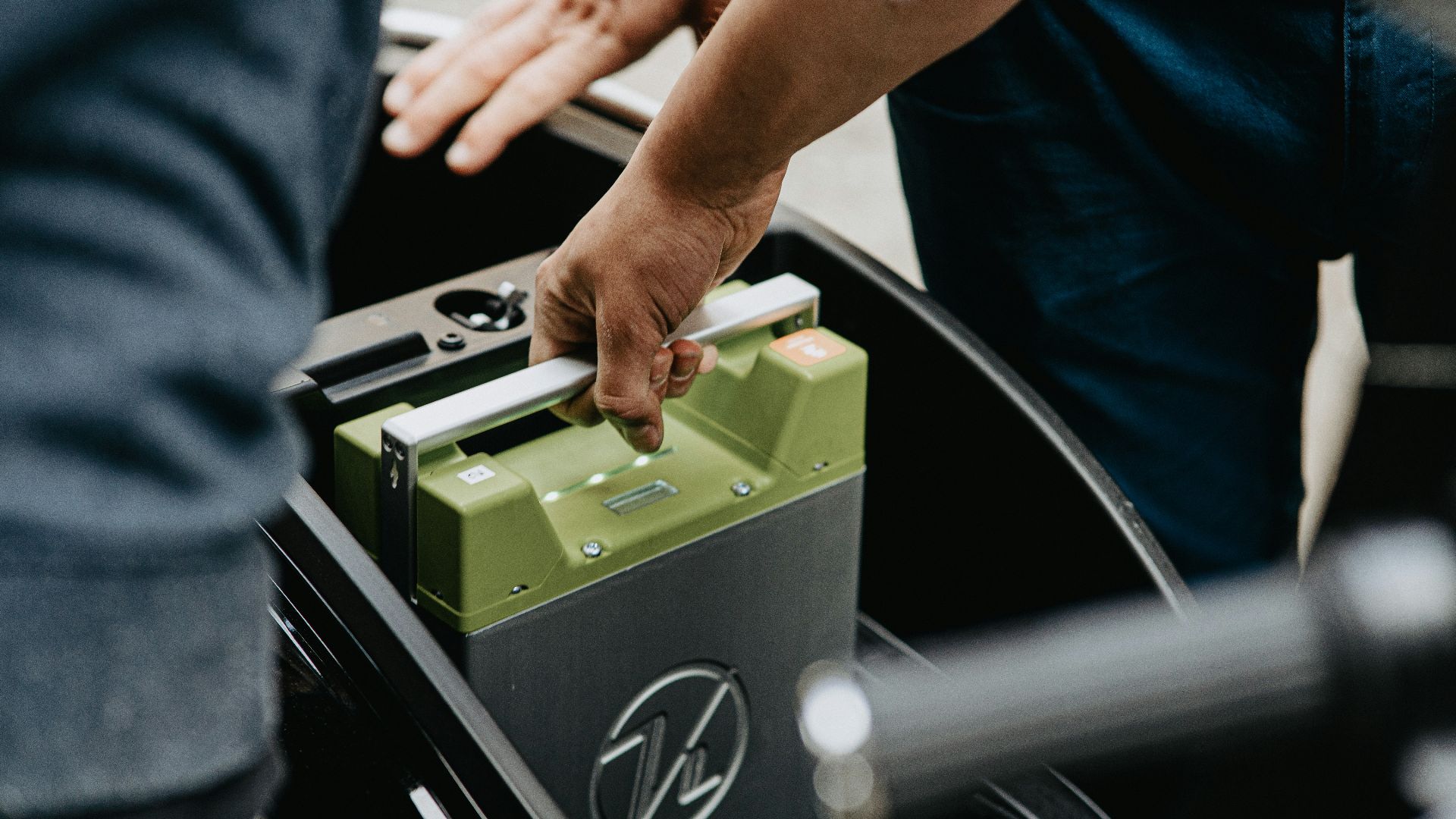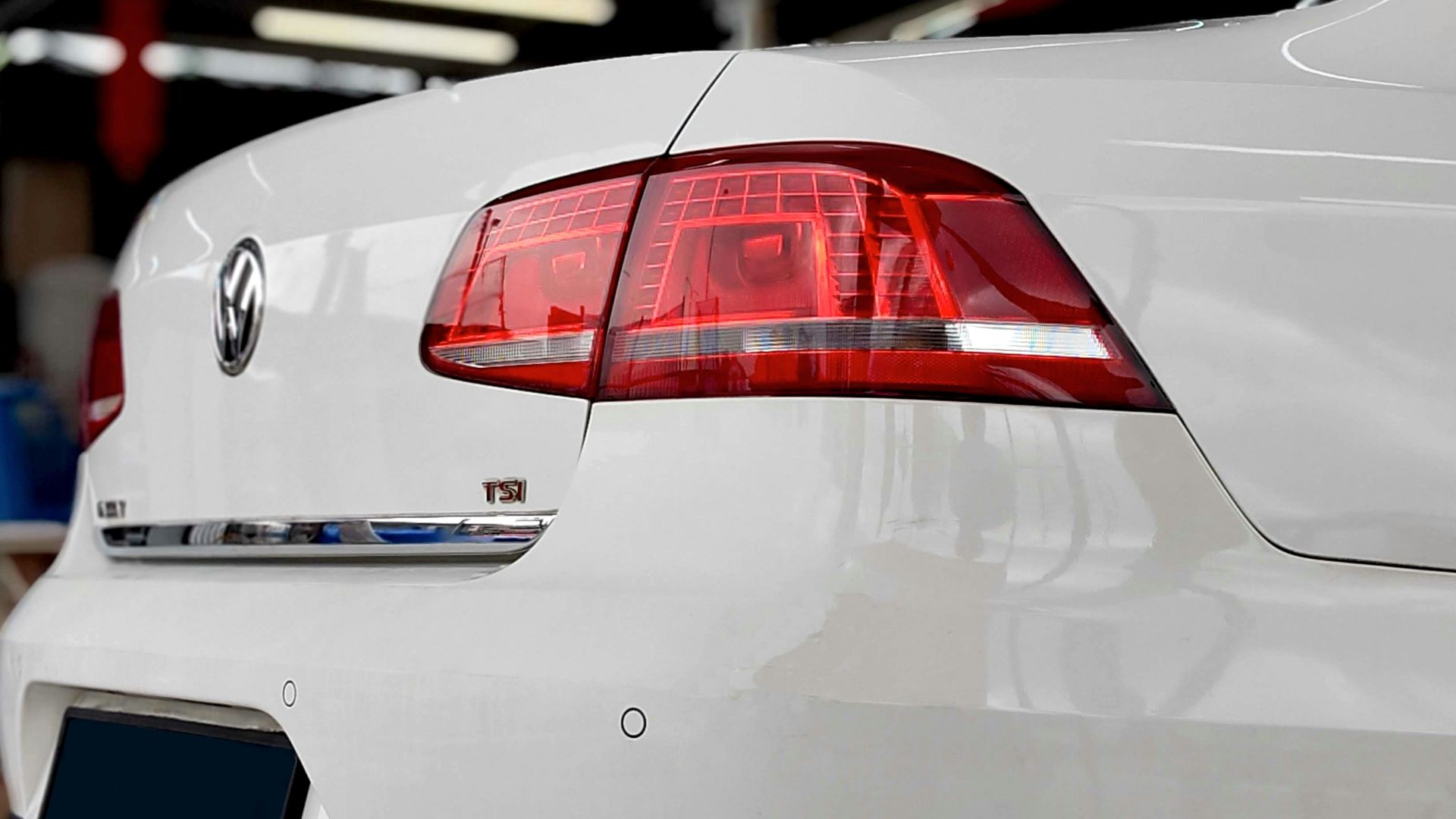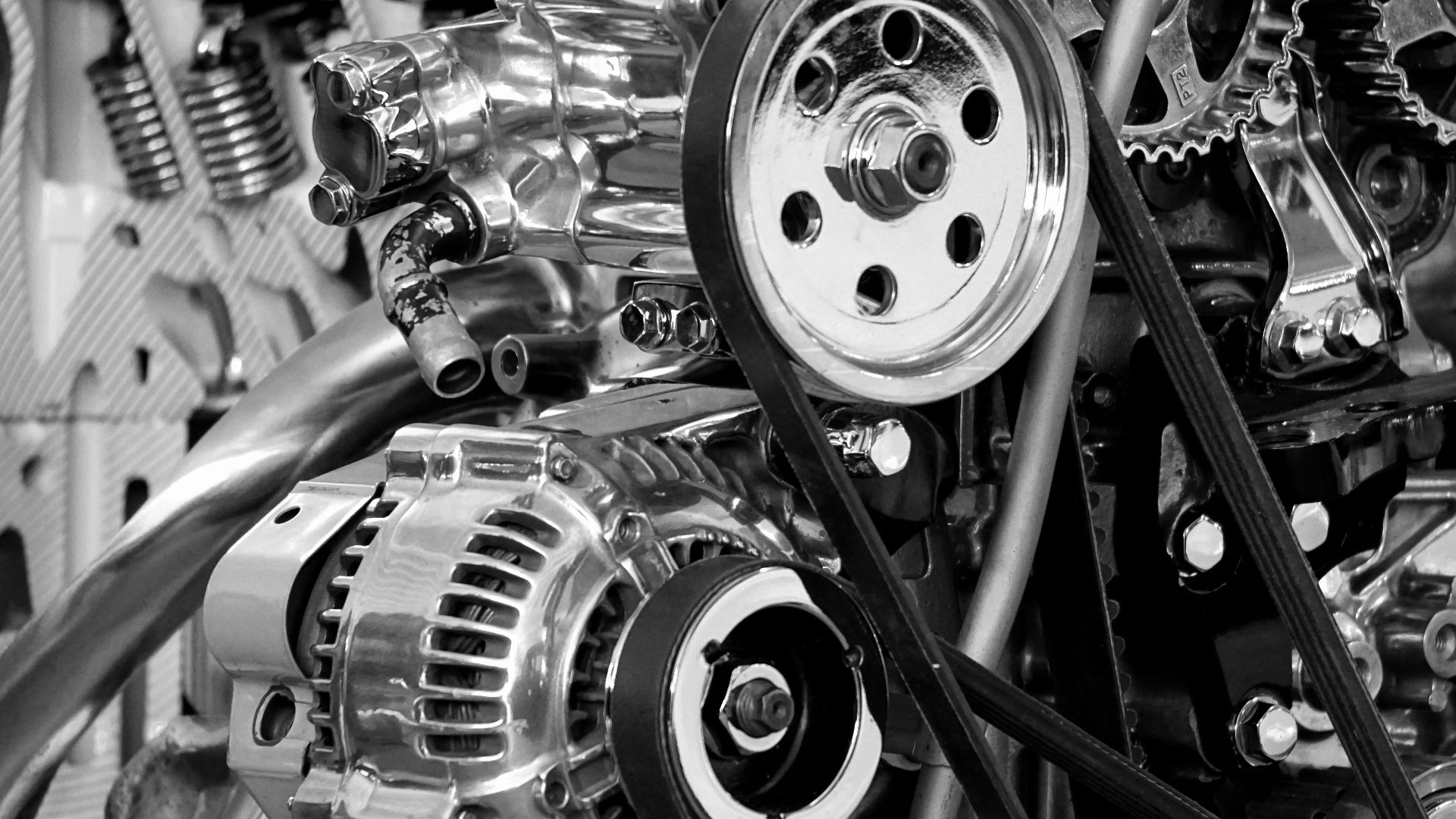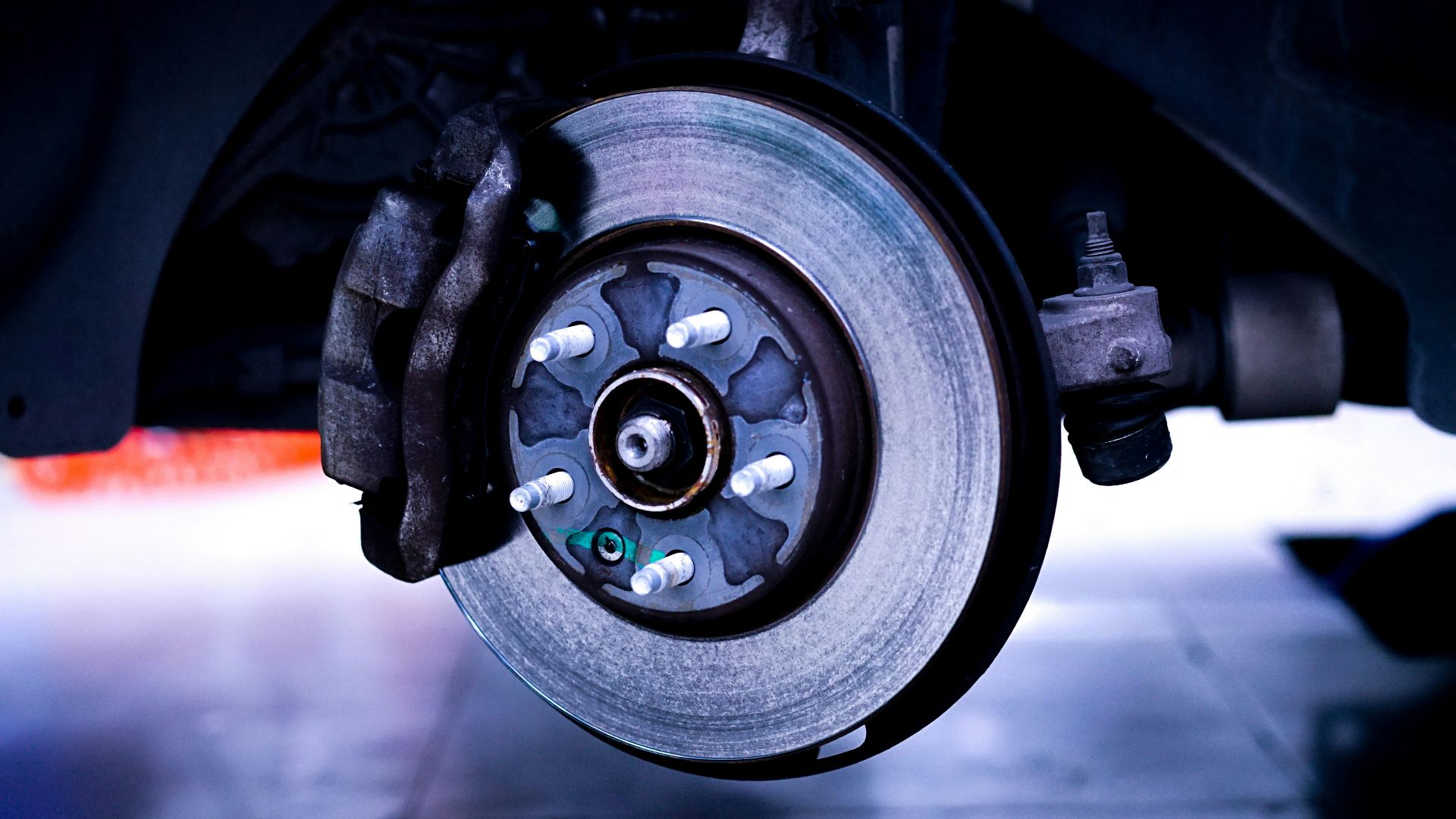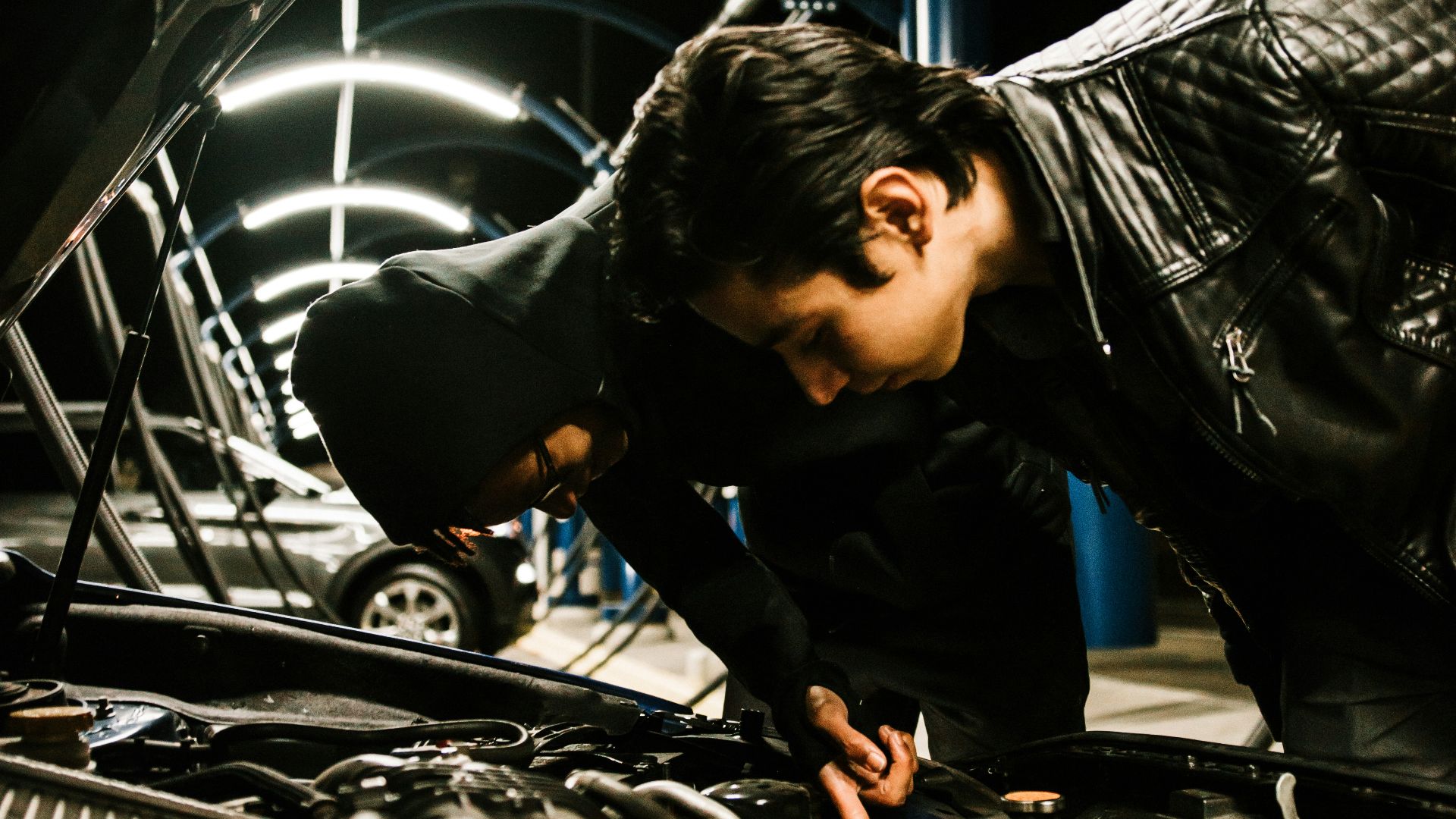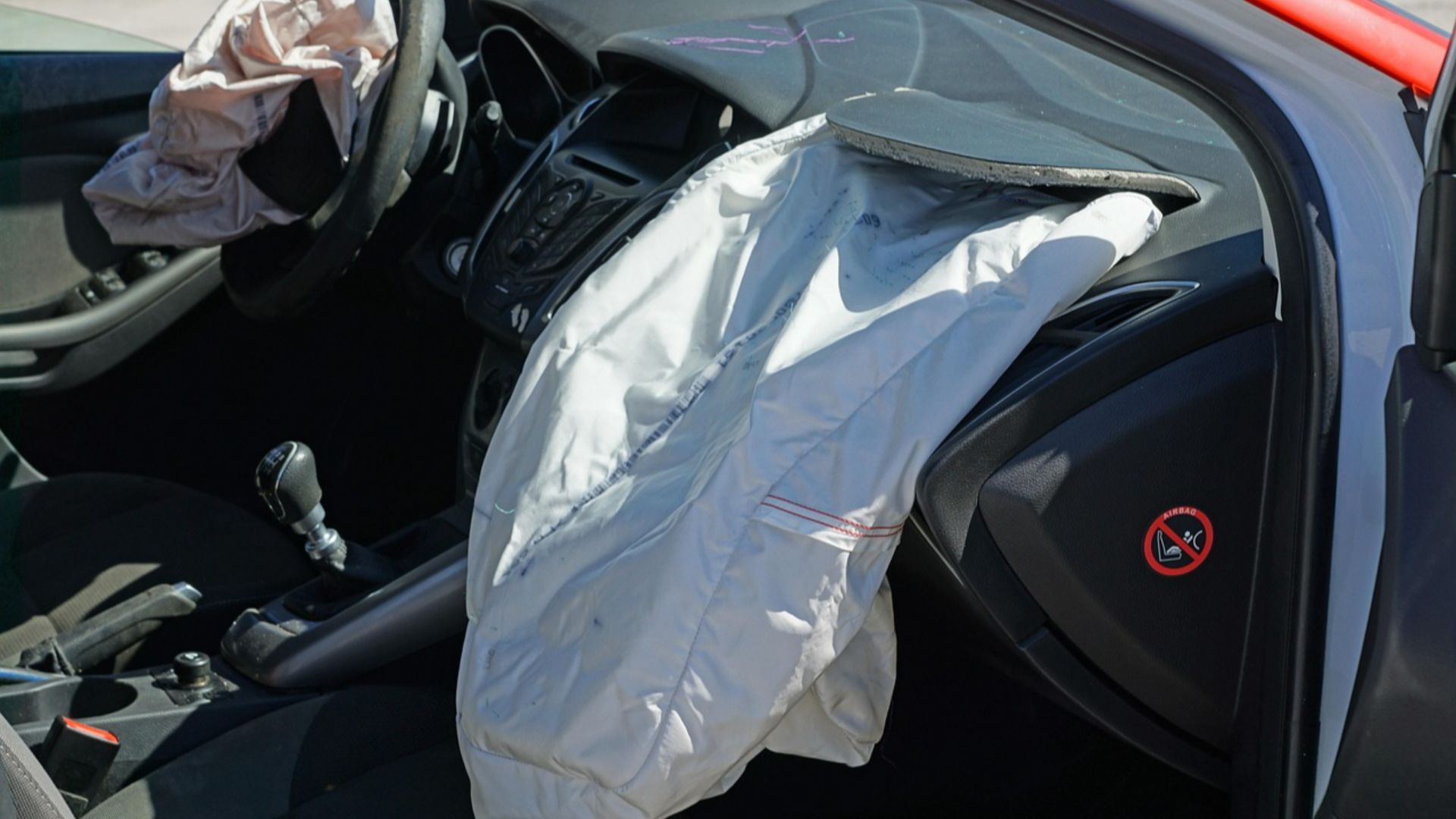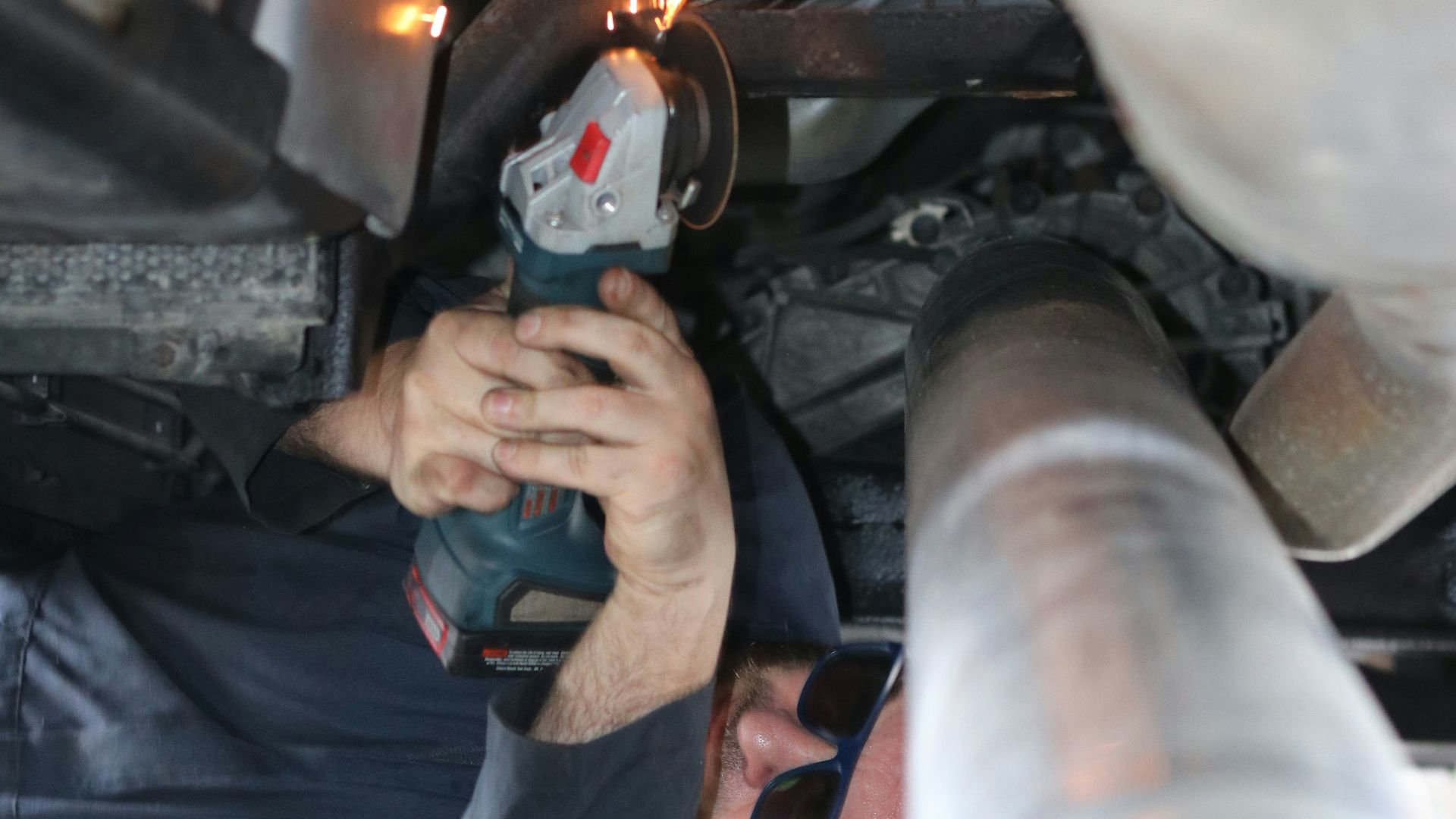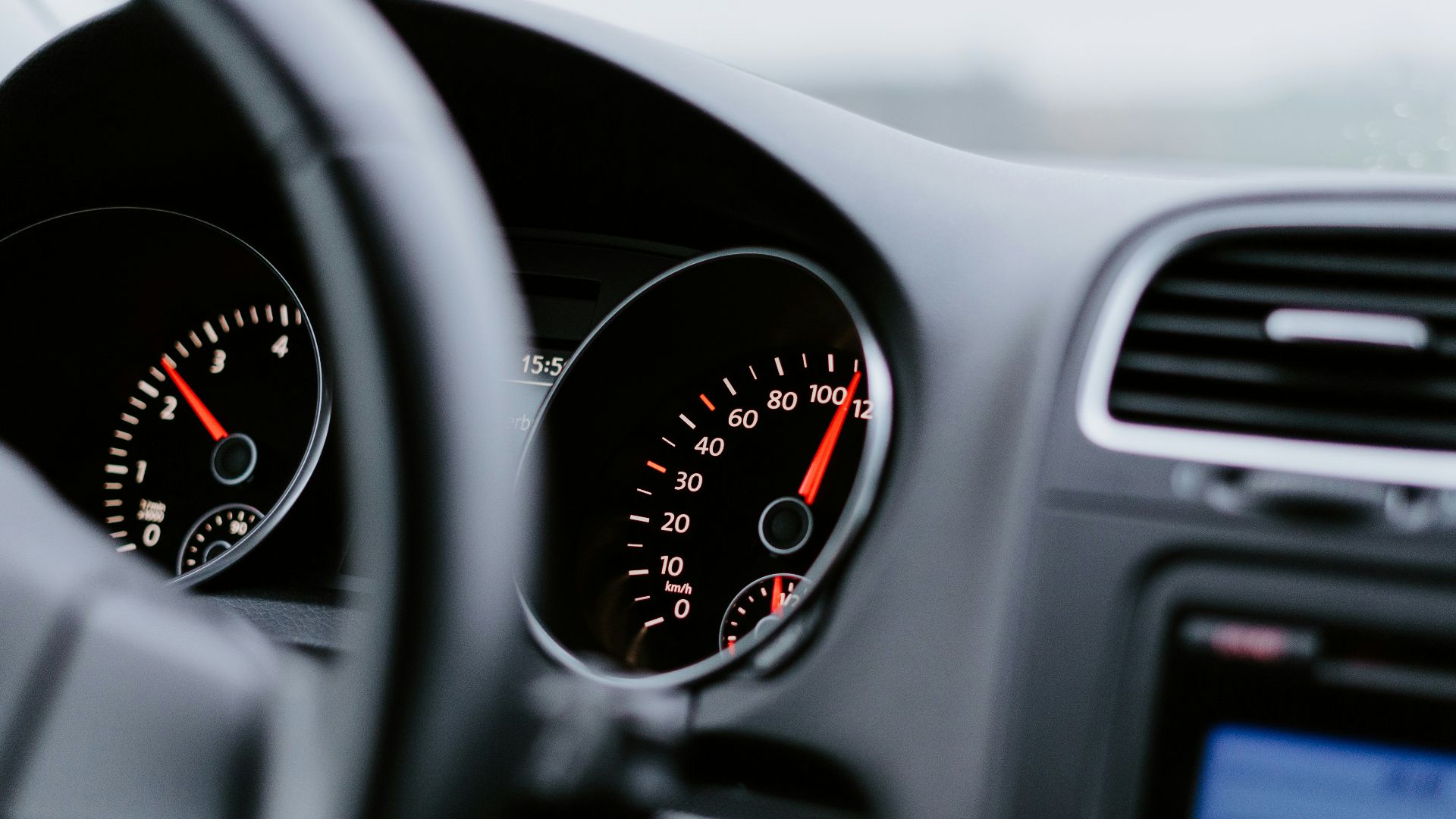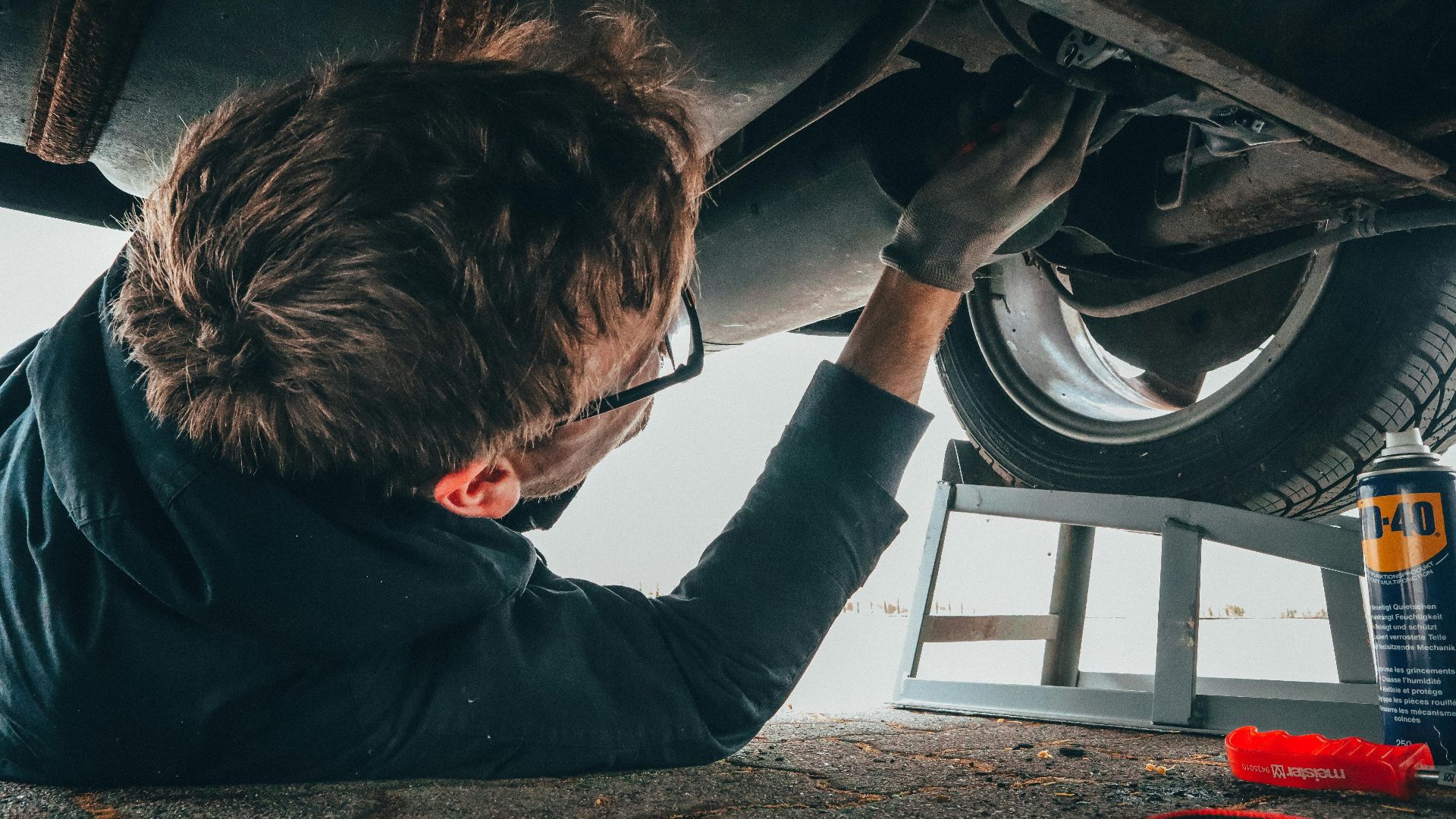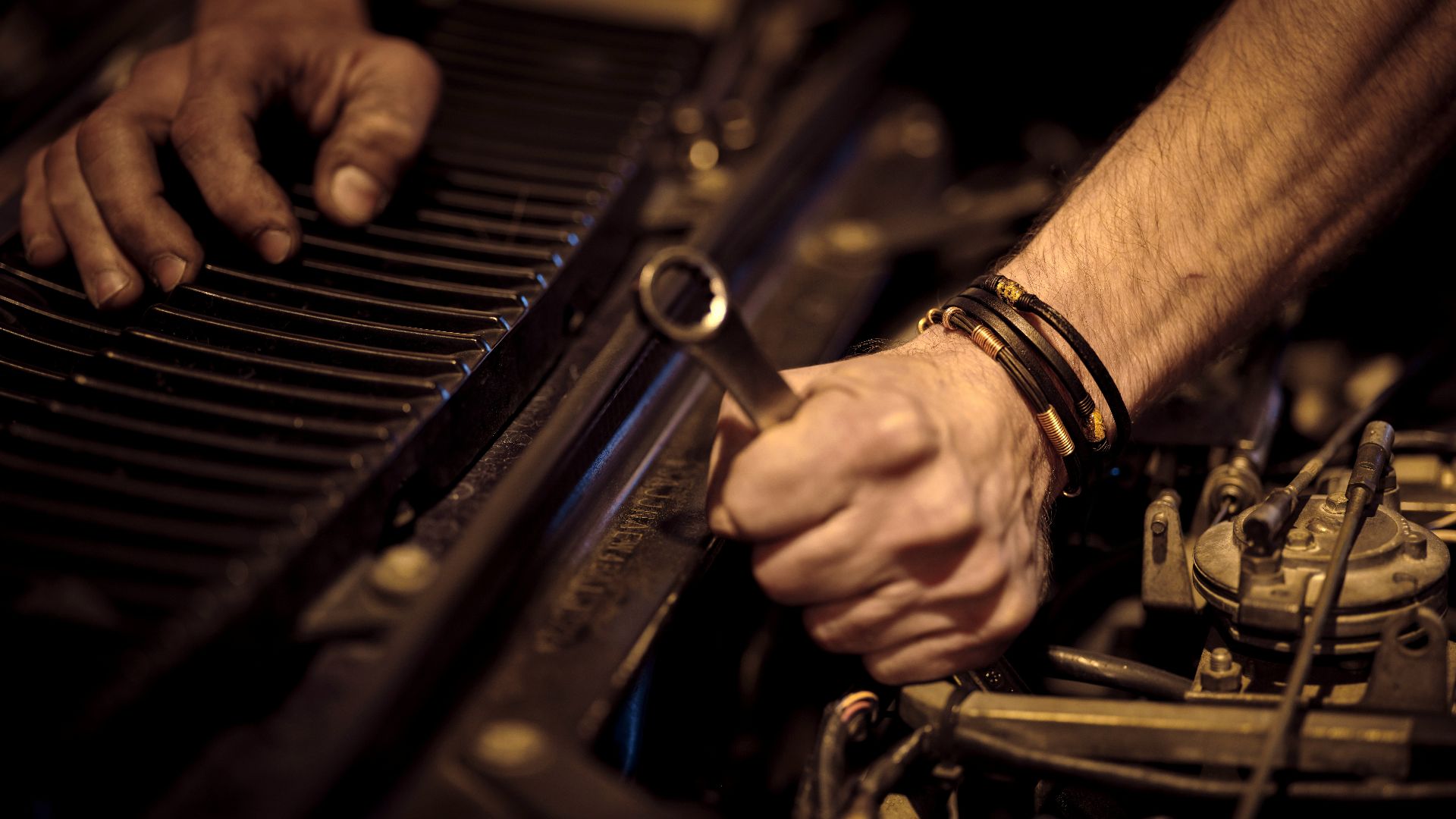It's Easy To Change a Headlight
Most people take their car to a mechanic whenever something needs to be done. It can be as simple as a basic oil change or as complex as alignment work. You can save a lot of money by rolling up your sleeves and doing some minor car maintenance without professional help. Here are 10 fixes you don't need to pay a mechanic for and 10 things only a mechanic should do.
1. Replacing Air Filters
An engine air filter is one of the easiest components to change. Most are accessible under the hood, and you can buy new ones for under $25. You don't really need any tools, and in about 10 minutes, your car will have better air flow, gas mileage, and your engine will perform more efficiently.
2. Replacing Windshield Wipers
You don't need a mechanic to quickly swap out old wiper blades for new ones. This job requires no skill and should only cost you about $20 to $30. Just slide the old blades off and snap in the new ones, following the diagram provided.
3. Checking and Topping Off Fluids
You can easily check your car's brake fluid, windshield washer fluid, and power steering fluid, and then refill as needed. Most reservoirs are clearly labeled. Just confirm that the engine is cool and that you have the correct fluid type.
4. Replacing Cabin Air Filters
Cabin filters ensure that your interior air is odor-free and clean. They are often easily accessible behind the glove box or beneath the dashboard. New filters are cheap, and the process should only take about 15 minutes. Many repair shops charge $60 to $100 for this quick job.
5. Changing Headlights or Taillight Bulbs
Don't worry if a bulb on your car burns out, and definitely don't race to your mechanic. Most light housings can be removed via a simple twist-and-pull method, and replacement bulbs don't cost a lot. This is the kind of job where you can watch a YouTube tutorial and know just as much as a mechanic.
6. Jump-Start a Dead Battery
Every driver needs to know how to jump-start a car battery. Keep jumper cables or a portable jump starter in your car. Besides that, all you need is another vehicle. Match red to positive and black to negative, following the correct order when connecting and removing the cables.
7. Replacing a Flat Tire with a Spare
Changing a tire might feel intimidating, but it's really not. Most cars have a jack, wrench, and a spare in the trunk. Just follow the directions in your owner's manual, and you should be done in under half an hour.
8. Replacing Engine Oil and Filter (Basic Oil Change)
With a jack and a drain pan, you can change your car's oil and save money every year. The materials should only cost about $40, whereas this might cost you between $80 and $120 in a shop.
9. Replacing a Car Battery
Modern car batteries aren't very challenging to replace. It will only cost you about half of what it would with a mechanic, and it's a great skill to have. This is a straightforward fix, so don't feel intimidated.
10. Fixing a Sagging Bumper or Loose Trim
A minor bump can cause the plastic clip and fasteners on your bumper to pop loose. You can reattach them with inexpensive clips or epoxy adhesive. Some auto shops even sell trim repair kits. This simple cosmetic fix can save you hundreds of dollars.
1. Transmission Repairs or Replacements
A car's transmission is a complex system filled with precision parts, hydraulic lines, and sensors. This one is best left to experts, even if you're handy and overly confident.
2. Engine Diagnostics and Internal Repairs
Car engines are intricate systems with computer controls and lots of moving parts. It's delicate, and even the more basic jobs aren't for beginners. When your "Check Engine" flashes, you need a professional with diagnostic equipment.
 Chevanon Photography on Pexels
Chevanon Photography on Pexels
3. Brake System Overhauls
You don't want to mess around with brakes. Not only are they your car's most important safety component, but they can be complicated even for novice mechanics.
4. Suspension and Alignment Work
Suspension components like struts and shocks require specialized tools and torque specs. These issues can't be fixed in your driveway. Let a pro handle these, and it will be worth the money.
5. Airbag or Safety System Repairs
You need a lot of experience and deep knowledge to perform your own airbag or safety system repairs, and even then, it's risky. You don't want to mess around with any safety feature that your car relies on.
6. Fuel System Troubleshooting
Fuel pumps, injectors, and lines handle flammable liquid under high pressure. This means you shouldn't tackle any repairs related to this system. Don't feel bad about shelling out money for a mechanic to troubleshoot issues with your fuel system.
 Jimmy Nilsson Masth on Unsplash
Jimmy Nilsson Masth on Unsplash
7. Electrical System Troubleshooting
Only a licensed mechanic should deal with a car's alternator or wiring harness. These electrical systems are complicated and require precision. One wrong connection can blow several fuses throughout your car.
8. Air Conditioning Repairs
Repairing leaks or compressors is too challenging for any non-professional to do. A/C systems use pressurized refrigerants that can only be worked on by someone with legal certification.
9. Exhaust System Welding or Replacement
Exhaust repairs often require welding, cutting, and working in a hot and confined space. You need a lift and the right equipment, or it'll be unsafe. Exhaust leaks can also cause serious health risks.
10. Timing Belt or Timing Chain Replacement
Timing belts and chains synchronize the vital components of your engine. Poor timing can wreck pistons and valves. Since one mistake can destroy your engine, it makes sense to even overpay a mechanic for this task.


